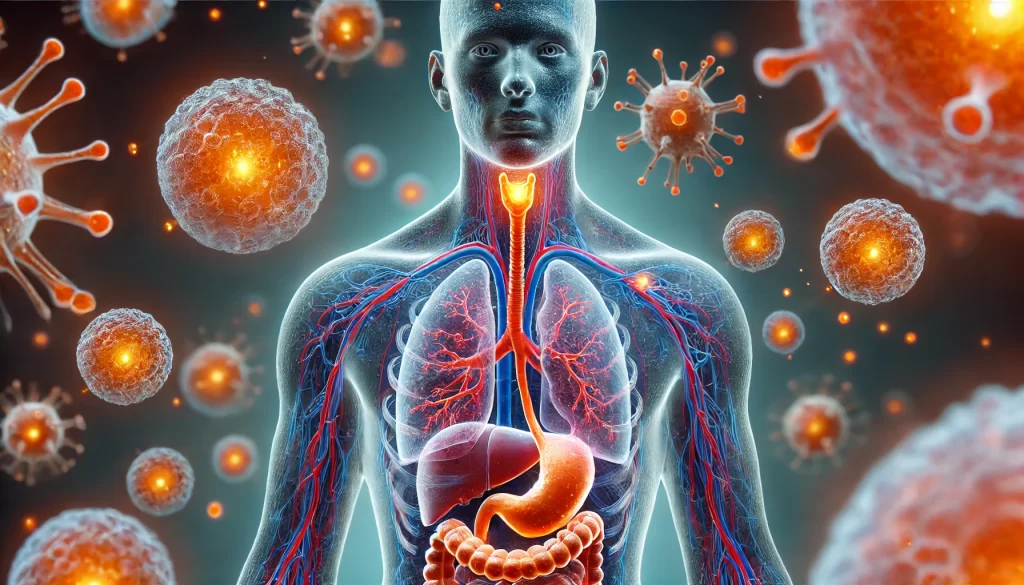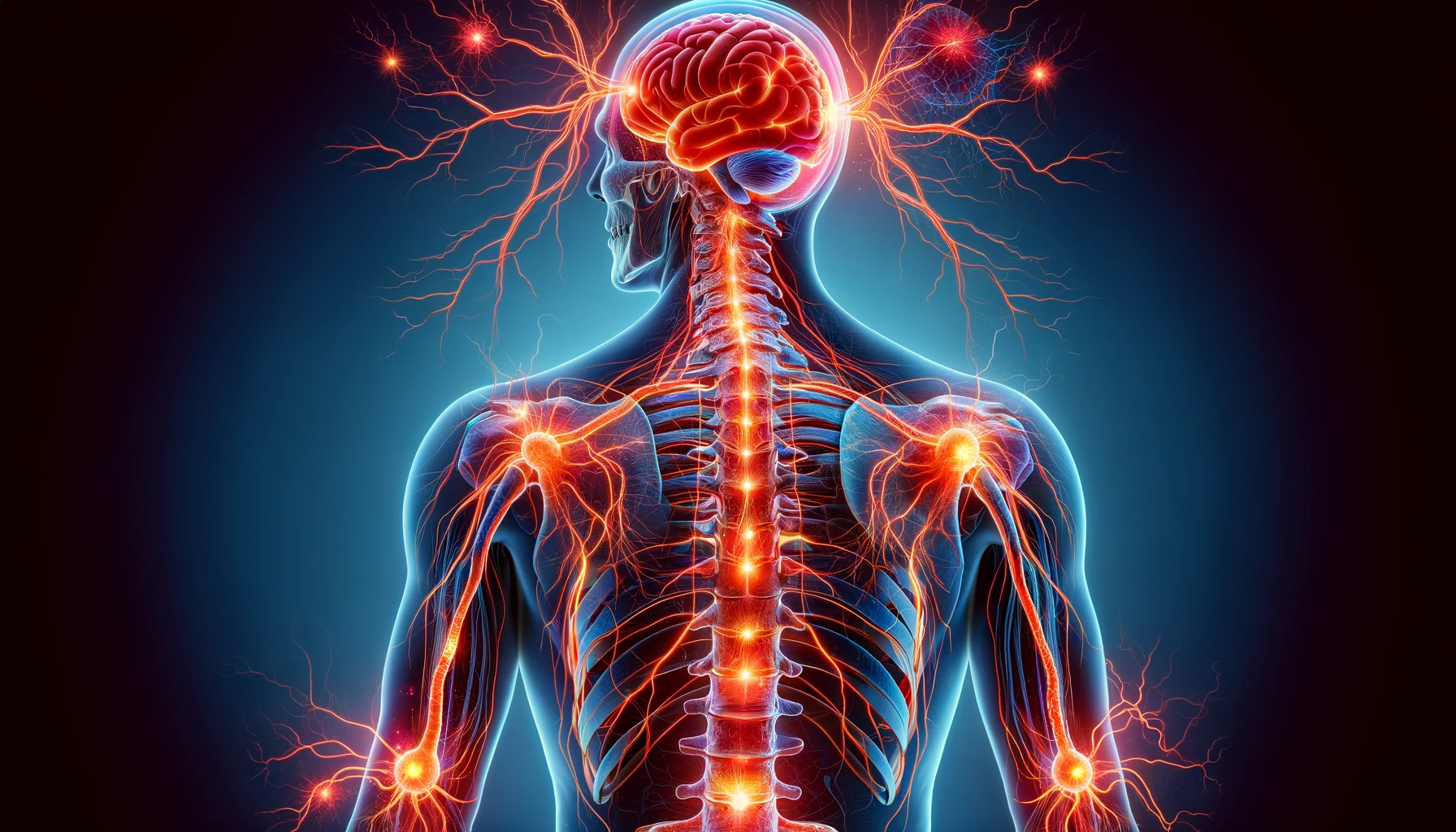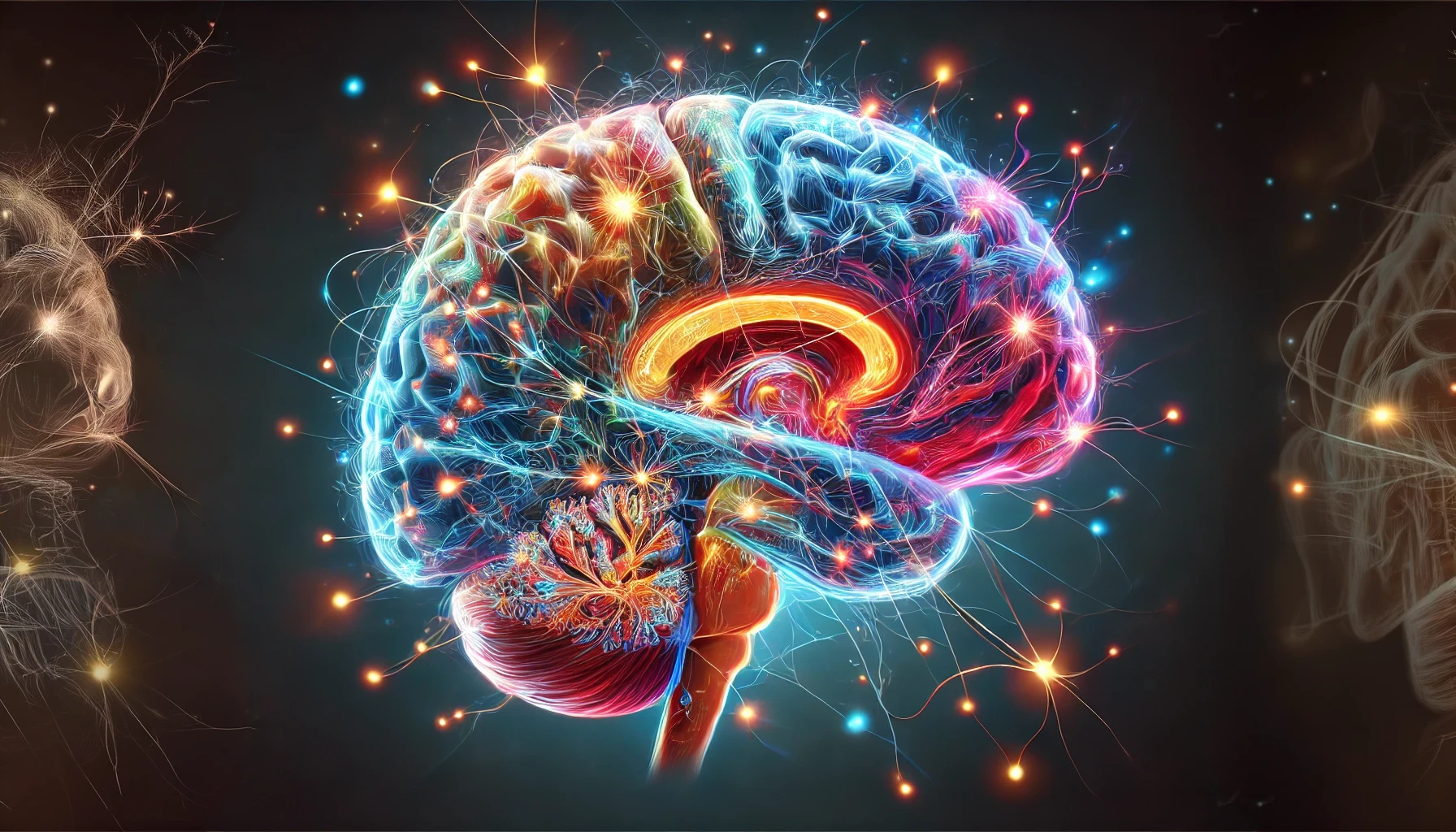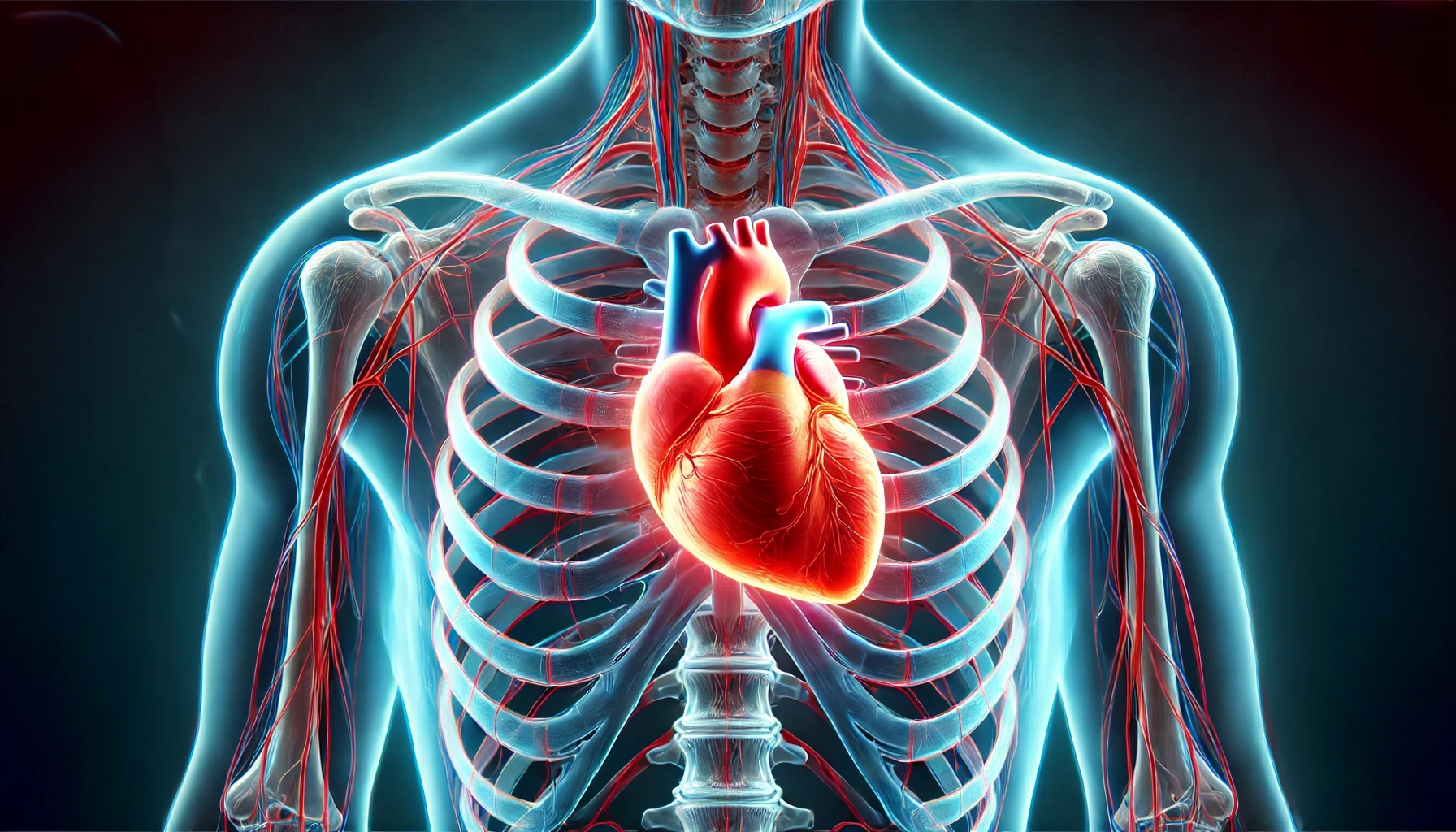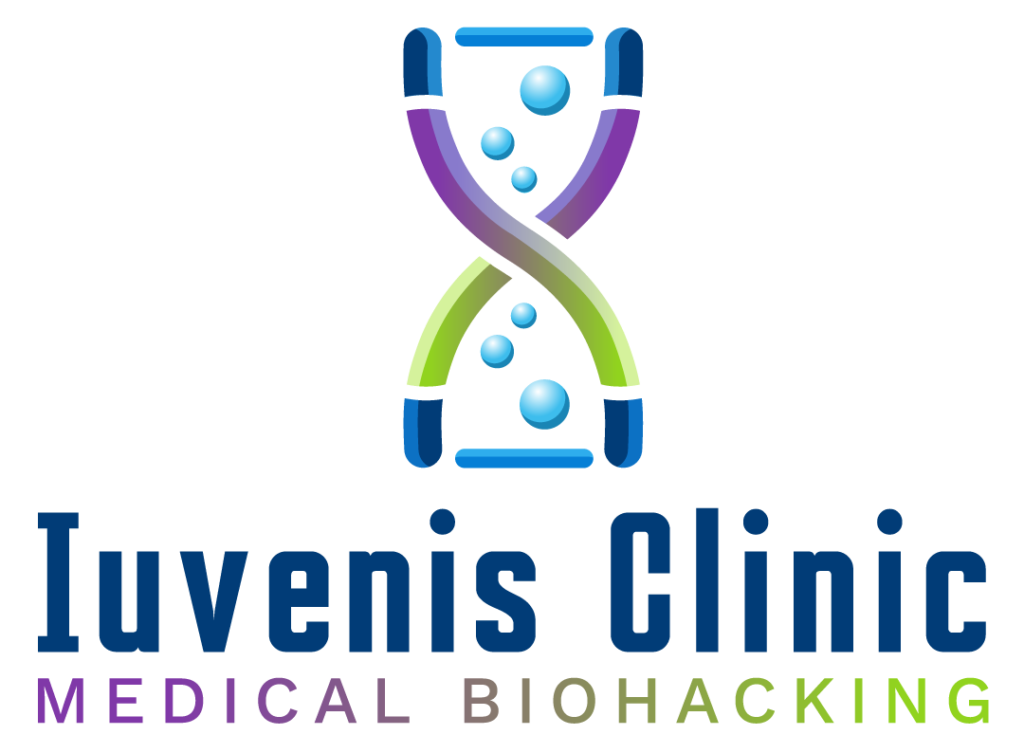What are autoimmune disorders?
The body’s immune system is a defense mechanism against foreign and potentially dangerous substances. White blood cells excrete proteins called antibodies that work to attack antigens caused by bacteria, viruses and toxins. An autoimmune disorder is a medical condition in which the immune system is unable to distinguish between harmful antigens and healthy cells, which results in a reaction that destroys normal tissues, that generates an abnormal growth of an organ, or that changes normal function of an organ.
Common areas affected by autoimmune disorders are endocrine glands, joints, muscles, blood vessels, and skin.
There are multiple syndromes caused by an autoimmune disorder. These include:
- Rheumatoid arthritis: Your immune system cells attack the lining of the membranes surrounding your joints, which cause pain, inflammation, and sometimes permanent damage.
- Multiple Sclerosis: Your immune system attacks the protective lining of nerve fibers, disrupting communication between the brain and the body and causing symptoms like weakness, poor coordination, muscle spasm, difficulty in speech, decreased vision and even paralysis.
- Lupus: The immune system cells attack joints, skin, blood cells, nerves, and kidneys.
- Type 1 diabetes: Your immune system attacks your pancreas and affects insulin-producing cells.
- Inflammatory Bowel Disease: The immune system attacks the lining of the intestines, causing diarrhea, bleeding, pain, and the loss of control of bowel function. The absorption of nutrients is diminished, which causes other health problems such as chronic inflammation or anemia.
- Hypothyroidism and hyperthyroidism: The immune system affects the thyroid gland in the under or over production of thyroid hormones.
How are they traditionally treated?
Most autoimmune disorders do not have a cure and are considered chronic. Traditional medical treatments will aim to control the autoimmune reaction and reduce the symptoms of your specific disease while sufficiently maintaining enough immune cells to fight harmful antigens. Most patients take medicines called immunosuppressants and anti-inflammatory medication for extended periods of time.
How can stem cells help treat autoimmune disorders?
As mentioned above, the traditional treatments for autoimmune disorders do not cure the condition, but rather control the symptoms through the continual intake of immunosuppressant medication. Nonetheless, despite the medication you can experience periods in which the symptoms get worse (flare-ups) due to the degeneration of tissues and the progression of the disease. Not to mention, the continual intake of medication can involve unwanted side effects that can disrupt your lifestyle.
At Iuvenis, we use mesenchymal stem cells derived from the Wharton’s Jelly found in umbilical cords (UC-MSCs), which have proven to have positive outcomes for patients with autoimmune disorders. UC-MSCs regulate the immune system and suppress the production of immune cells that damage healthy body tissues. In addition, the ability of stem cells to differentiate into different types of cells (bone, cartilage, brain, muscle, skin cells) promotes the regeneration of damaged tissues and supports the growth and survival of healthy new cells. The progressive restoration of normal tissue function helps symptoms improve and provides a better quality of life for our patients. Since cells are sourced from the umbilical cord and they have not yet developed immune properties, there are virtually no chances of causing reactions from even overactive immune systems. These medical benefits can be achieved without invasive procedures or even additional medications. Our stem cells are ethically-sourced, very effective, and totally safe.
Lead an active life with less pain, more energy, and improved health.

